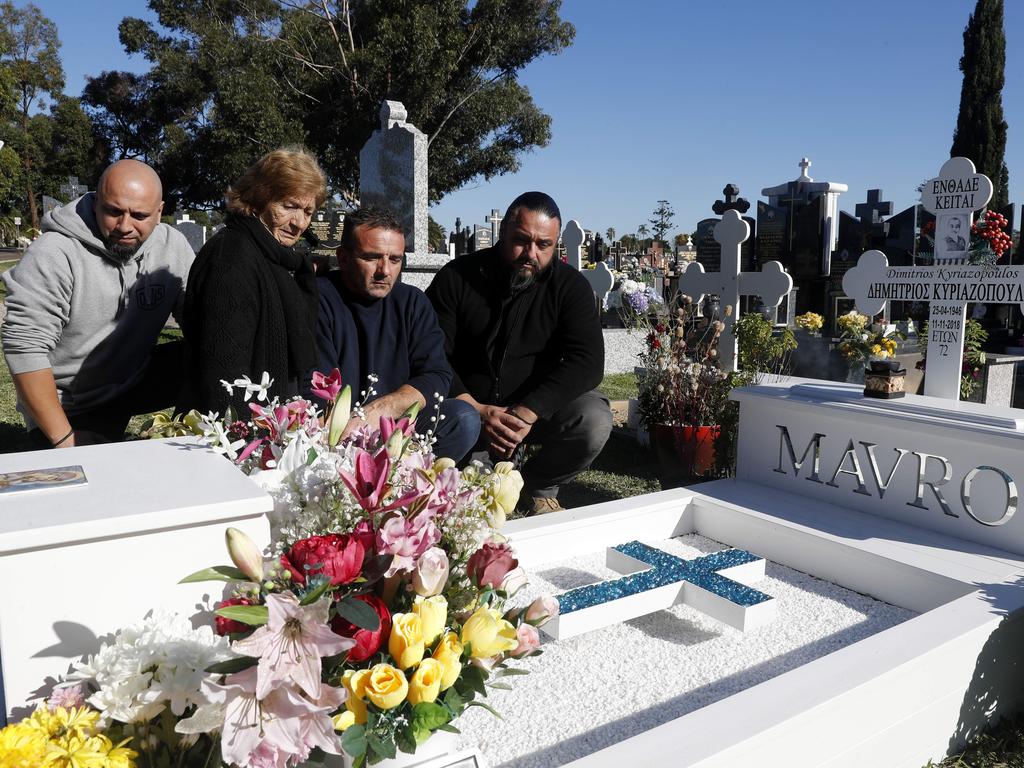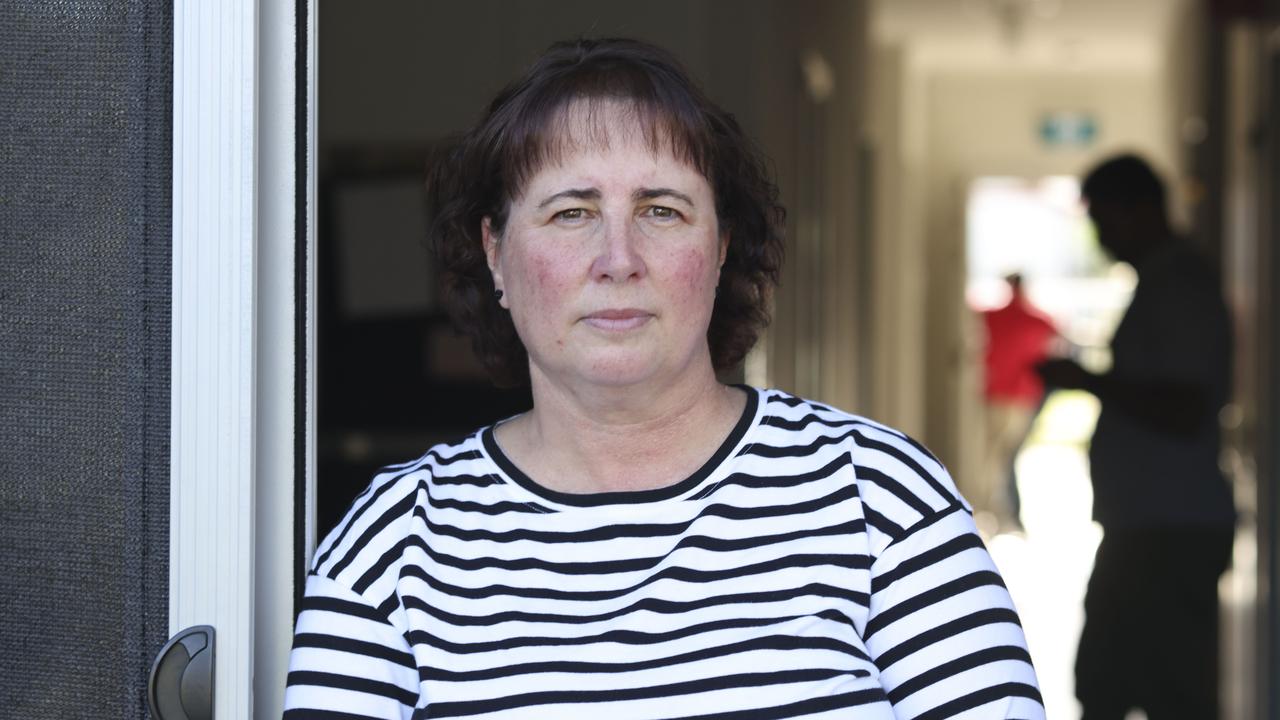I would trade anything in the world to have my dad back’: Roy Mariathas’ plea for health system change
Roy Mariathas’s father died after heart surgery. He wants to protect other families from system cover-up and ongoing grief.

Roy Mariathas has lost his faith. It was shattered in an intensive care unit, as his mother wailed and his father’s life ebbed away in a maelstrom of blood, fear and panic.
It was April 2016 and Gragery Mariathas Rasiah was lying unconscious, hooked up to a heart-lung machine, his chest and abdomen still open from marathon heart surgery. A trained doctor in his home country of Sri Lanka, Dr Mariathas was not a well man but his family never thought so when they kissed him farewell before surgery that it would be the last goodbye.
“He was very calm. I remember hugging him,” says Roy, now 32. “I remember him saying he loved me. I prayed with him. We knew the surgery was a big deal, but we really believed that everything would be OK. I said ‘I’ll see you later, I’ll see you soon’. He was really comfortable. Mum said he looked like an angel.”
Some time earlier, 60-year-old Dr Mariathas had experienced his second major heart attack. He had genetic high cholesterol and had already had a stent inserted and bypass performed following his first cardiac arrest at the age of 39. The surgery he now required was complex – a repeat quadruple bypass and aortic valve replacement – but his family never imagined it would go so wrong.
During the surgery, Mariathas was bleeding heavily, his abdomen becoming distended and pushing up on his lungs and heart. But the source of the bleeding could not be found. Vascular surgeons eventually were called in, and discovered that Dr Mariathas was bleeding into his back, into what is known as the retroperitoneal space. They performed abdominal surgery to attempt to stop the bleeding, but by that time, they couldn’t stem the tide. The surgery stretched on, eventually lasting 17 hours as the bleeding continued.
By the time Dr Mariathas was wheeled back into the ICU, he was dead but for the machine mechanically pumping his traumatised heart. His right arm was ischaemic and hung off the edge of the gurney black and bloated, there was blood everywhere, and an anaesthetist worked frantically to stabilise his vital signs. The poor man’s tongue was swollen and protruded from his mouth.

“That moment in that ICU is burned within my memory,” says Roy. “I hope to God that one day I will forget it. I can still see my mum. She’s wailing, she’s yelling at the top of her lungs, praying in tongues, like she was hoping for a divine intervention.
“Dad’s whole body was swollen. The staff were working frantically, trying to get bags up, trying to sort out lines, trying to stop the blood. You can see it in their eyes, they are in pain, the fact that they have to see this happen.
“And the senior anaesthetist, he just looks pissed off, actually, he looked really angry.”
In fact, some fellow medics were angry. Heart surgery never has a guarantee of success, but what was unfolding in the Royal Prince Alfred Hospital in inner Sydney that day was far from ordinary. Although a post-surgical analysis found no root cause or systems failures, and that the surgeon was not at fault, fellow surgeons were desperately concerned that help to stem the bleeding had not been sought sooner. Some felt Dr Mariathas’s death was preventable.
Over the next few years, further post-surgical deaths came under scrutiny at RPA’s cardiothoracic unit. In June, 2019, after becoming despairing that matters did not seem to be investigated transparently or adequately internally, three surgeons lodged a mandatory report with the NSW Medical Council, registering serious concerns over patient safety. They detailed eight allegedly preventable deaths during or following heart surgery. The Health Care Complaints Commission did not substantiate the allegations.
What unfolded after a first incident report was lodged by two fellow heart surgeons after a patient death was a textbook case in health systems’ widespread tendency to shoot the whistleblowers.
Despite two reports that raised serious questions as to surgical performance, the reports did not trigger substantial or lasting action.
The then chief executive of the Sydney Local Health District, Teresa Anderson, announced to staff in February 2019 that supervision reports raised no issues of concern. Months later, two further deaths occurred following coronary artery bypass surgery.
At the same time, a workplace investigation into allegations of bullying by the complaining surgeons was launched, and their treatment at the hands of administrators became so hostile they resigned from RPA.
A recent report by the Australia Salaried Medical Officers’ Foundation found the experience of these surgeons is not isolated. A national survey by ASMOF found half of all specialists said they had been subjected to retribution or reprisals after reporting concerns to management.
A third of respondent doctors said they would not feel comfortable reporting patient safety or clinical concerns.
Roy says something must be done. “I started off as a doctor being very optimistic, and some would say naive,” he says. “Now, I’m broken. My task is to get back to that optimism while seeing the truth of the matter.
“We have to look at the actual state of affairs in our health systems and believe in something, actually do something about these systems that bring reprisals on those who are only trying to protect patient safety.
“Losing my dad has been a huge shock for me and my family, and I would trade anything in the world to bring him back.
“But I have to see the good in it, and the good is that there is now a fire in my bones to do something about the state of our health systems, and I hope other families feel the same way.
“I don’t want to tell my kids or my grandchildren, ‘oh, grandpa died because his surgery went wrong’. I want to tell them this story, that through speaking up, I helped change the system. That’s what I hope.”







To join the conversation, please log in. Don't have an account? Register
Join the conversation, you are commenting as Logout